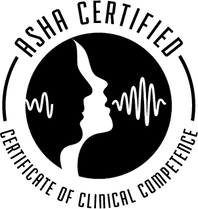|
We are thrilled to announce that we are now using the latest and most technologically advanced speech and language assessments at Graham Speech Therapy.... Introducing Q-interactive™... the world’s most advanced assessment tools with the convenience of today’s technology. It works like this....
1 Comment
"I bet I could find an app to do the same thing"...
"speech therapists are just teachers who took a few extra classes"... "maybe I can find a speech student to do therapy on the side for cheap"... ...right? Now before any Speech Language Pathologist (SLP) reading this goes ballistic... let me just say a big, hearty "NO" to all of the above. Here's why... No, there is NOT an app for that. It's a bummer... I know. I mean there's an app that tells you the best times to duck out of the movie theatre to relieve yourself so you don't miss any impending plot twists. (seriously, this could have saved me some confusion during The Sixth Sense... stupid 42 oz. guzzlers!) But, there is still no app that can diagnose or treat speech, language or swallowing disorders. "But my daughter only has trouble with the "R" sound... that should be easy, right?" Well, that all depends... is her speech problem due to muscle weakness, hearing loss, neurological deficits, physical impairments, phonological vs. articulation disorder, oral-motor deficiencies, or developmental issues? Not sure? Well, a certified, trained SLP can help you figure that out! IT'S WHAT WE DO! Yes, we have specialized evaluations and assessment procedures that help differentially diagnose an abundance of speech and language issues, that only SLPs are qualified to administer. (Not to mention that there are actually over 20 types of "R" sounds!... but, that's a post for another day.) Now I could spend, yet another, entire post on the abundance of effective, evidence-based therapy approaches for each of these disorders. (Don't worry... I won't) If you're interested in knowing more about that, then I recommend grad school for 3 years of course work (anatomy, physiology, neurology, audiology are just a few of the "-ologies" in our wheelhouse). complete 400 supervised clinical hours, then an additional 1260 hours of supervised therapy during your Clinical Fellowship Year (CFY)... which is just the beginning of what you need to be a licensed/certified SLP. That brings me to my next point.... "Can't I just find a student to do therapy for cheap?" Well.... yes and no. If you are lucky enough to live near a university that has an on-site clinic, then yes! Please go there! That is how grad students get their feet wet in the world of direct therapy and receive supervision from master clinicians. But, if you're just looking for "cheap" therapy, as with any professional service, you will often get what you pay for. Yes, a SLP with years of experience will cost more, but keep this in mind... a highly qualified SLP will likely help your child reach his/her speech or language goals sooner, which could actually save you money in the long run! My hope is that I've extolled the virtues of licensed/certified SLPs. If you need help finding one near you, the American Speech-Language-Hearing Association can help. And as always... if you found this post helpful, please leave a comment below! I can't tell you how many parents have asked me questions like this.... "my 3 year old isn't talking very much.... do you think she needs speech therapy?" or " my son can't pronounce his sounds... does he need speech therapy?" After 18 years in this field I can confidently say that all children do not acquire speech and language in exactly the same way or at the same pace. But years of research have demonstrated that, although there is a very wide range of "typical" development, we do have some very clear guidelines to help parents determine whether they should seek the expertise of a qualified Speech Language Pathologist. That is the very reason The American Speech Language Hearing Association began the Identify The Signs Campaign to help raise awareness of the early warning signs of communication disorders. Does your child have any warning signs of a communication disorder? |
|

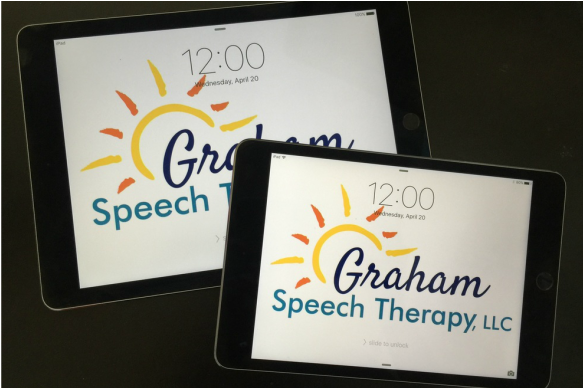
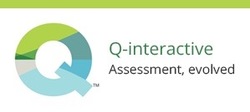
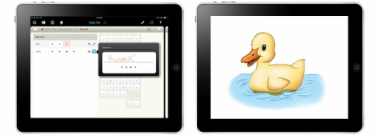
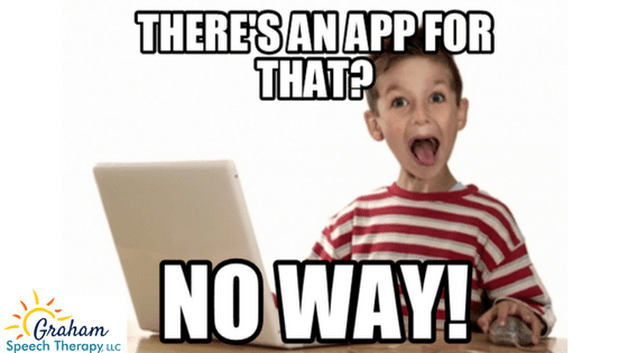
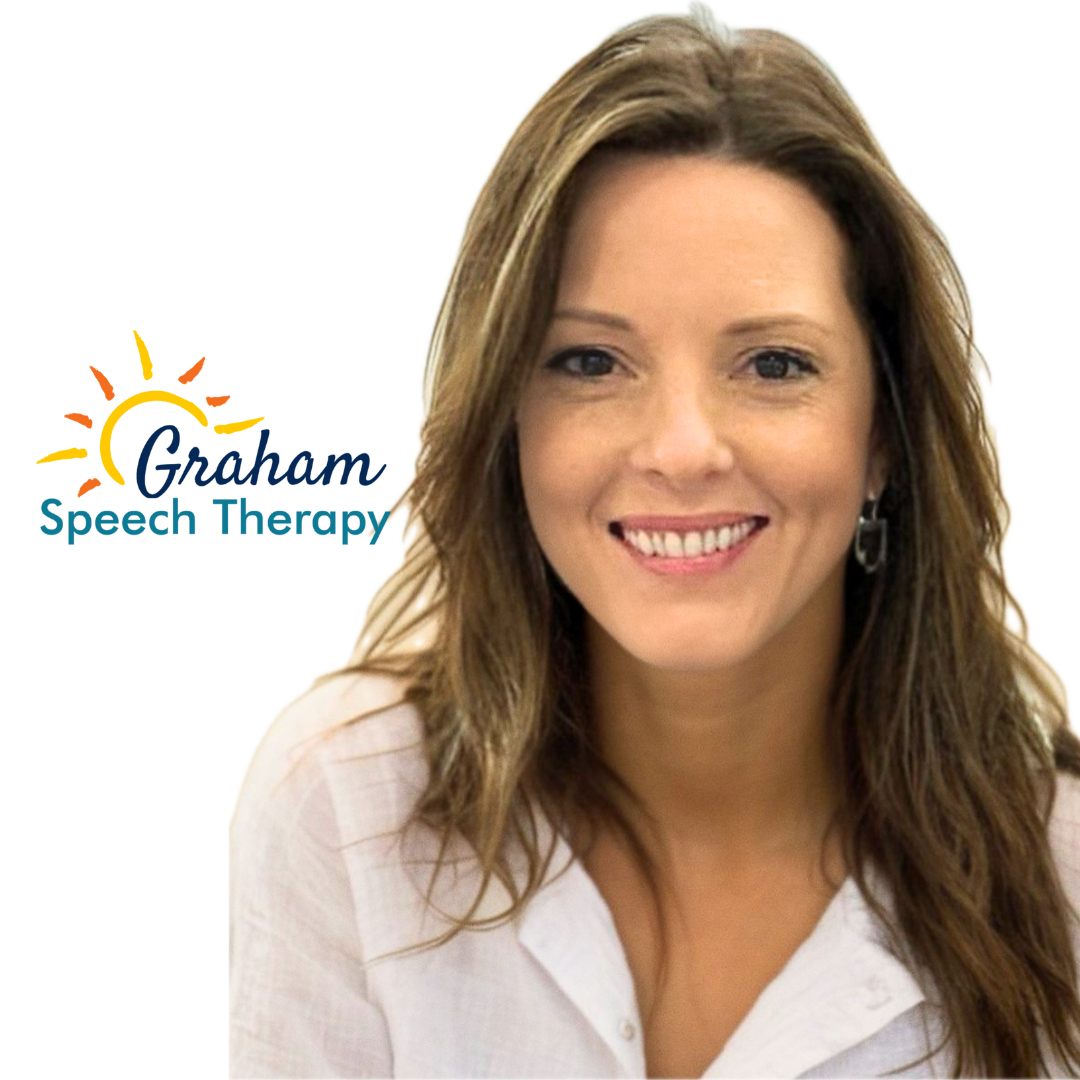
 RSS Feed
RSS Feed
